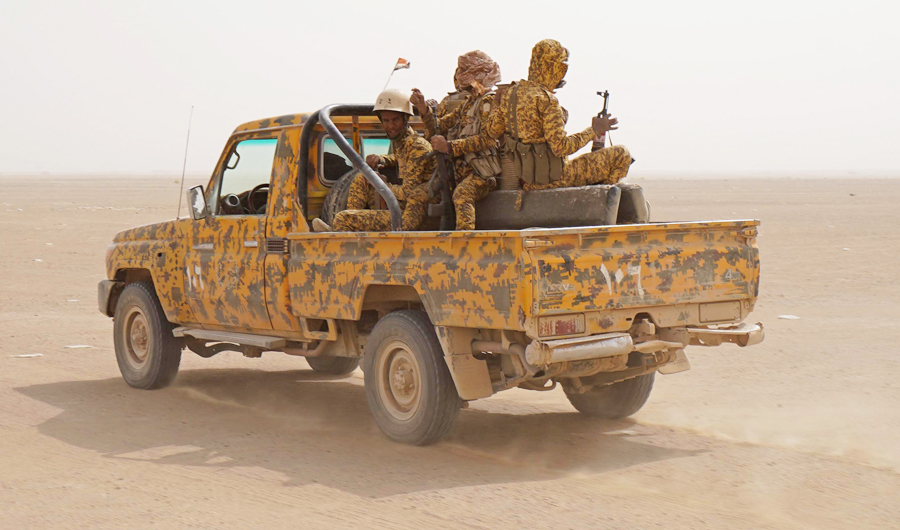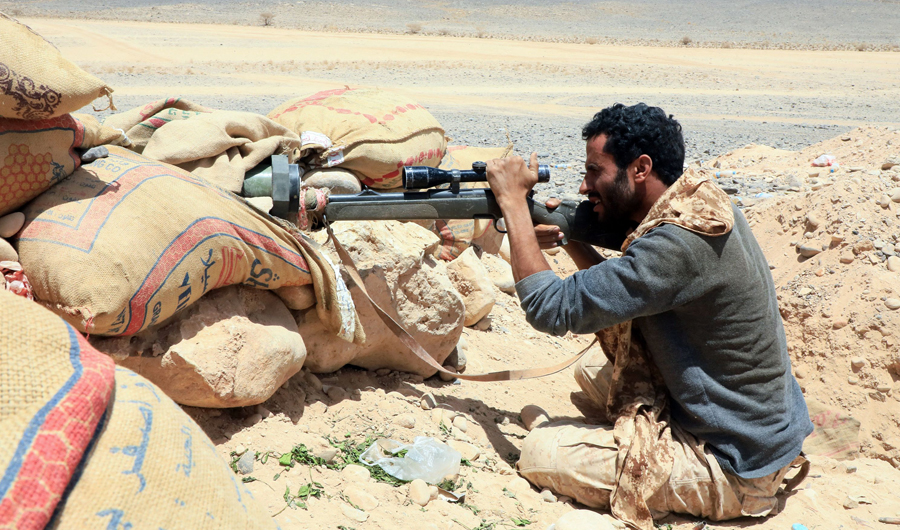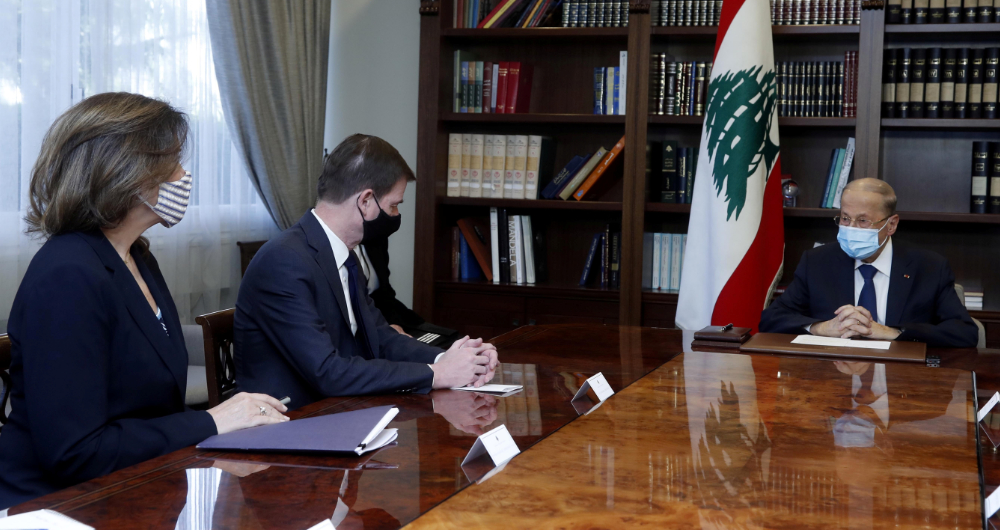Dozens of fighters killed in battles near Yemeni city of Marib
AL-MUKALLA: Dozens of rebel fighters and government forces have been killed as fighting continued to rage near Yemen’s central city of Marib, local authorities and media reported on Friday.
Iran-backed Houthis have intensified their relentless attacks on government-controlled areas in Marib province in an attempt to end more than two months of military stalemate in their resumed offensive to capture the government’s last bastion in northern Yemen.
Abdu Abdullah Majili, a Yemeni army spokesperson, told Arab News that dozens of Houthis were killed on Thursday and Friday in failed attacks in Marib’s major battlefields such as Al-Kasara and Helan, to the west of the city.
The heaviest clashes were reported in Al-Kasara where local army commanders and soldiers said they battled against “consecutive waves” of Houthi fighters and captured dozens of rebels.
“Al-Kasara has turned into a black hole that swallows Houthi fighters,” Majili said, adding that warplanes from the Arab coalition destroyed Houthi military reinforcements and positions, helping the Yemeni Army and allied forces to push back the Houthis.
The Yemeni Army has also mourned the death of several combatants who were killed in fighting in Marib. On social media, many government supporters also announced the death of friends during armed encounters with the Houthis in Marib.
Chief of staff of the Yemeni Army, Lt. Gen. Sagheer bin Aziz, on Friday vowed to keep military operations going against the Houthis until the group had been pushed from Marib and the remaining Yemeni territories under their control.
During visits to Marib battlefields, he pledged to defeat the Houthis and thanked the Arab coalition for its military support.
BACKGROUND
The heaviest clashes were reported in Al-Kasara where local army commanders and soldiers said they battled against ‘consecutive waves’ of Houthi fighters and captured dozens of rebels.
The current escalation in fighting in Marib began on Feb. 8 when the Houthis renewed a major offensive to capture the oil-rich city. Despite dispatching thousands of fighters to the province, the Houthis have been embroiled in a military quagmire as their forces have failed to make major territorial gains amid stiff resistance from government forces.
Briefing the UN Security Council on the situation in Yemen, the UN special envoy for Yemen, Martin Griffiths, said on Thursday that fighting in Marib had become “the major center of gravity” in the country’s war and warned that the offensive there was threatening the lives of thousands of displaced people living in Marib city.
“The fighting in Marib, goodness knows we have seen this spike and fall, and spike and fall and now it is showing dangerous signs of escalating once again. Internally displaced people (IDP), along with local communities, have been in the line of fire, and are threatened by the assault on the city of Marib,” Griffiths added.
Yemen’s government has repeatedly accused the Houthis of targeting IDP camps outside the city, forcing their inhabitants to flee to safer areas.
The government’s IDP management unit said more than 2 million people who had fled fighting and Houthi repression in their home provinces now lived in overcrowded camps in Marib city.


Lenderking discusses importance of reaching solution to Yemen conflict during UAE, Germany visitsKSrelief training Yemeni medics to combat COVID-19



